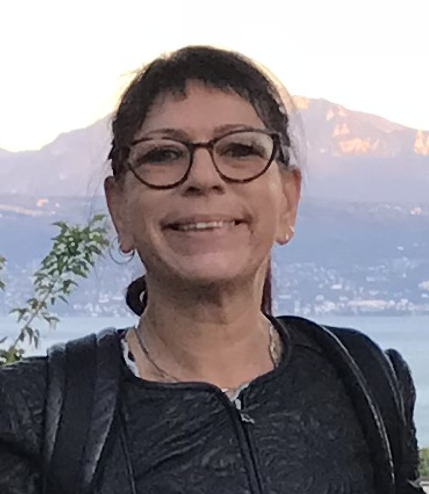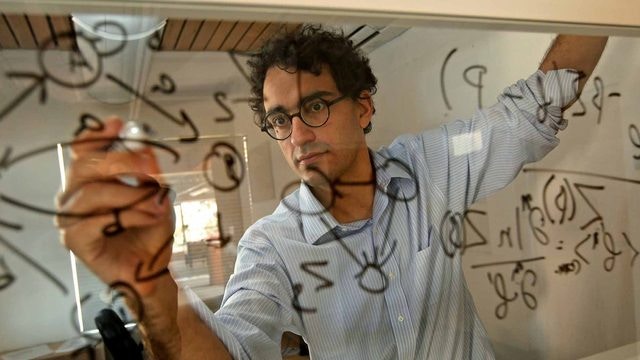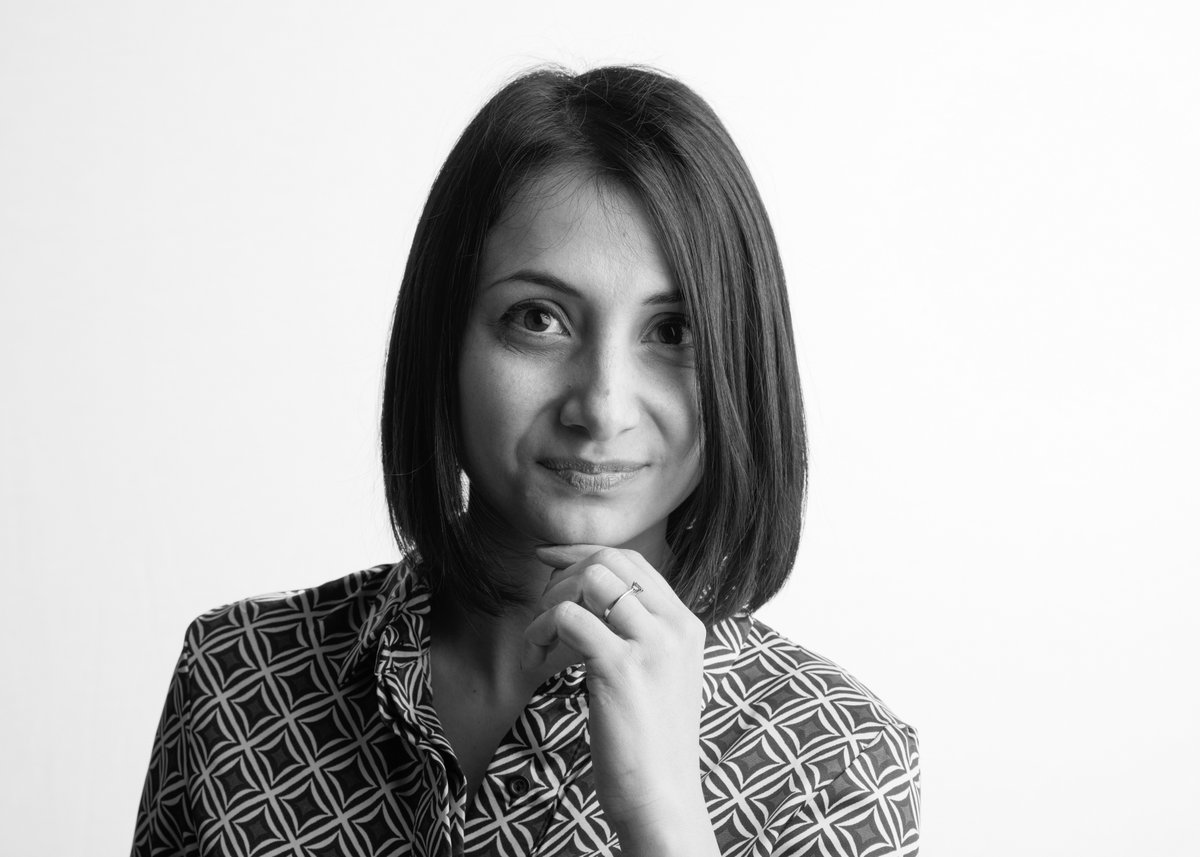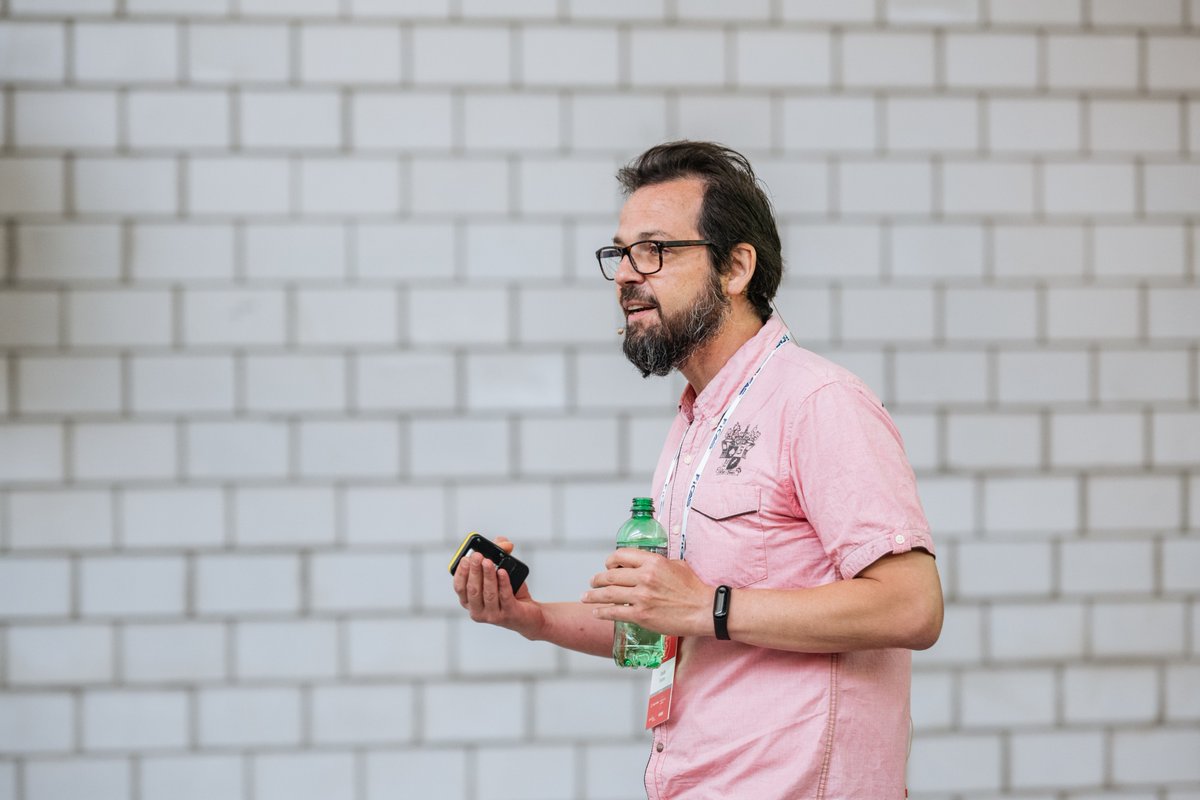Speakers
Céline Rozenblat

Céline Rozenblat, is professor of Urban Geography at the University of Lausanne, Switzerland and president of the urban commission of the International Geographical Union (IGU). She studies systems of cities at European and world scales, multinational firm networks, inter-urban dynamics, comparative urban data, mapping and visualization of networks in geography, and spatial analysis. For several years she has worked on the relations between the evolution of multi-level urban processes and dynamics in city-system networks. To study these topics comparatively, she has built many databases on large European and worldwide cities and the networks they form. In particular, she has dealt since 1990 with databases on multinational firm networks and on city properties and evolution in a multi-dimensional and long temporal approach. Diachronic and dynamic studies supply materials to develop spatial and dynamic models and visualizations. She participated in European projects like ESPON FOCI 2008-2011, FP7 FET Insite (2011-2013) and Multiplex (2012-2016). She also participates to the EuropeAid project with China MEDIUM (2015-2019) on medium size cities in China and launched two projects LOGIICCS (FNS 2015-2018) and MEDIUM (SWISS-Conf. 2016-2018) on modeling Indian and Chinese cities’ integration in global networks of multinational firms and innovation.
Title and abstract of the talk:
A multi-level network perspective on resilience of complex urban systems
Abstract: In the context of knowledge and information societies, new tendencies in the long/medium term evolution of urban systems, together with new data and methods, require that existing theoretical assumptions and conceptualizations be challenged as global urban hierarchies are reconfigured. The connection between urban systems at different levels of organization becomes more and more relevant for understanding urban systems and their transformations. But the current inter-urban perspective is not sufficient to encompass these dynamics. Other cognitive, social, and institutional proximities in the innovation processes combine with spatial proximities. It leads us to consider cities in several dimensions of proximities in a multilayer perspective. The evolution of power distributions inside and between cities reshapes the world organization of central/peripheral cities and the complexity of the global urban system. Actors as multinational firms, or high-level innovation centers, participate actively in these reconfigurations that concentrate wealth, control, innovation, and attractiveness in a few cities. In the complexity of this multi-level system, how is regionalization of the world reshaping in a multipolar urban world? How does the multi-level perspective highlight some resilience properties? The methodologies derived from complex systems sciences bring new forms of intelligibility to worldwide urban dynamics.
Simon DeDeo

Simon DeDeo is a professor of Social and Decision Sciences at Carnegie Mellon University, and external faculty at the Santa Fe Institute. He leads the Laboratory for Social Minds, a cross-disciplinary group of data science researchers in the cognitive and social sciences. Recent work has studied question-answer dynamics, cultural evolution in the online alt-Right, identity encoding in British theater, inductive structures of mathematical proofs, and two hundred years of diaries from Russia.
Title and abstract of the talk:
Cultural Macroevolution and the New Synthesis
Evolution is the most powerful creative force known to humankind. Our species gave it a new domain to operate on, and a massively accelerated timescale that got us from small scale tribes to a global metacivilization in less than five thousand years. The study of cultural evolution has undergone a recent Renaissance as biology, cognitive science, and the quantitative social sciences converge on a “New Synthesis”. I’ll introduce this tripartite framework, and some of its most interesting theoretical ideas and controversies. Then, with some simple tools from machine learning and data science, we will look at a series of case studies from contemporary and historical human cultures, with the goal of developing basic skills in empirical studies on large scale archives.
Fabiana Zollo

Fabiana Zollo is assistant professor in the Dept. of Environmental Sciences, Informatics and Statistics and Research Fellow in the Center for the Humanities & Social Change at Ca’ Foscari University of Venice. Her research investigates (mis)information spreading on online social media, with a special focus on the dynamics of polarization and intolerance, and the evolution of collective narratives. She collected several papers on the topic, both with national and International co-authors. Her research outcomes have been included in the Global Risk Report 2017 of the World Economic Forum, widely covered by the media (among the others: The New York Times, The Washington Post, The Economist, Bloomberg View, The Guardian, Phys.org, El Pais) and disseminated internationally (Le Scienze, Pour La Science, Spektrum, Scientific American, Investigatión y Ciencia). She participated in European projects such as H2020 EU project QUEST “Quality and Effectiveness in Science and Technology Communication” (2019-2021) and “Overcoming Polarisation and Misinformation around Migration in Italy” in collaboration with London School of Economics (LSE) and Corriere della Sera (2017-2019).
Title and abstract of the talk:
From confirmation bias to echo-chambers. A data-driven approach
The advent of the Internet and web technologies have radically changed the paradigm of news consumption, leading up to the formation of a new scenario where people actively participate not only in the diffusion of content, but also its production. In this context, social media have become central not only to our social lives, but also to the political and civic world, rapidly establishing as the main information source for many of their users. However, social media are riddled with unsubstantiated and often untruthful rumors that can influence public opinion negatively. Since 2013 the World Economic Forum has been placing the global danger of massive digital misinformation at the core of other technological and geopolitical risks, ranging from terrorism to cyber-attacks (Howell 2013). The phenomenon is alarming. When people are misinformed, they hold beliefs neglecting factual evidence. Moreover, in general people tend to resist facts, and corrections frequently fail to reduce misperceptions, instead producing a backfire effect. Thus, understanding the main determinants behind content consumption and the emergence of narratives on social media is crucial. In this talk, we address such a challenge by applying a cross-methodological, interdisciplinary approach that accounts for the socio-cognitive factors underlying the phenomenon. We analyze massive data from online social media and provide the empirical existence of the so-called echo chambers, polarized groups of like-minded people where users reinforce and polarize their pre-existing opinions. We show that confirmation bias is the main driver behind content consumption, address the emotional dynamics inside and between different narratives, and investigate users’ response to both confirmatory and contrasting information. Our findings reveal that similar patterns hold for political (the Brexit, the Italian Constitutional Referendum) and public (Climate Change, Vaccines) debates, where we observe the spontaneous emergence of well-segregated groups of users around news sources and the natural tendency of users to focus on a limited set of pages (selective exposure) eliciting a sharp and polarized community structure. Our results provide interesting insights about the determinants of polarization and the evolution of core narratives on online debating, highlighting the crucial role of data science techniques to map the information space on social media.
Claudio J. Tessone

Claudio J. Tessone is assistant professor in Network Science at the University of Zurich (Faculty of Business, Economics and Informatics). He is co-founder and member of the Steering Committee of the UZH Blockchain Centre and co-director of the Priority Programme on Social Networks. With a long experience in the modelling and analysis of complex socio-economic systems, Blockchain-based systems and cryptocurrencies that are a pillar of his research (being among the first to study them). This includes cryptoeconomics (from financial aspects to meso- and macro- properties, such as their emergent centralisation), big-data blockchain analytics and forensics, design of blockchain-based systems, and characterisation of economic incentives that are present (by design or set inadvertently) in them. Beyond these aspects, his research encompasses a variety of contexts, ranging from advertisement adoption, to social influence, and game theoretic settings. He holds a Phd in Physics from University de les Illes Balears (on effects of agent heterogeneity in complex systems) and an Habilitation on Complex-Socio Economic Systems from ETH Zurich (where he worked for 7 years).
Title and abstract of the talk:
Blockchains and Cryptocurrencies: the complexity in techno-economic systems
Blockchains and related technologies (of which cryptocurrencies are the most widespread and successful application) have disrupted our way of viewing several economic and social processes. They allow to (i) transact value by means of tokens between peers with heterogeneous interests and (ii) store time-ordered, trustworthy information, both, in the absence of a central authority, and even a trusted third party. As such, they are pervaded by multiple economic incentives that allow trust to appear as an emergent property, and the assets native to them (like Bitcoins, Ethers, etc.) to gain value because of the coordinated (or not) actions of its multiple participants. In this tutorial, we will review from multiple perspectives how consensus can be modelled through standard techniques from complexity science, and explore the ways in which actors can game the system in their favour. We will then review the economic functioning of these digital economies and briefly review whether they converge to working conditions similar to their design or not.